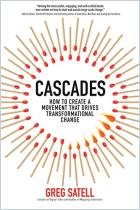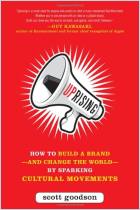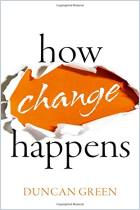Recommendation
Refreshingly, this book deals with grass roots activist campaigns, as opposed to conventional corporate marketing. However, the impassioned amateurs it intends to teach may need persistence to penetrate its meandering organizational structure, which is perhaps more hampered than helped by the "100 steps" format. Author Chris Rose offers solid information on organizing campaigns and on communication strategies, but clustering it more tightly might have provided greater utility. Rose, a veteran Greenpeace activist, offers excellent examples from environmental campaigns. Given his expertise, that is understandably the main issue discussed in the book. The information on media management is likewise solid, if somewhat general for today’s diverse media market, particularly in listing media likes and dislikes. The marketing information is appropriately geared for beginners, except for the complex diagrams on motivational characteristics and issue mapping. If you seek inspiration and concrete tactics for transforming your ideas into action and public policy, getAbstract.com finds that this manual is a good place to start.
Summary
About the Author
Chris Rose is an environmental campaigner and communications consultant. He headed Greenpeace’s successful campaign to stop the installation of an oil platform in the North Atlantic. He also worked for Friends of the Earth, WWF International and other nonprofit organizations.



















Comment on this summary